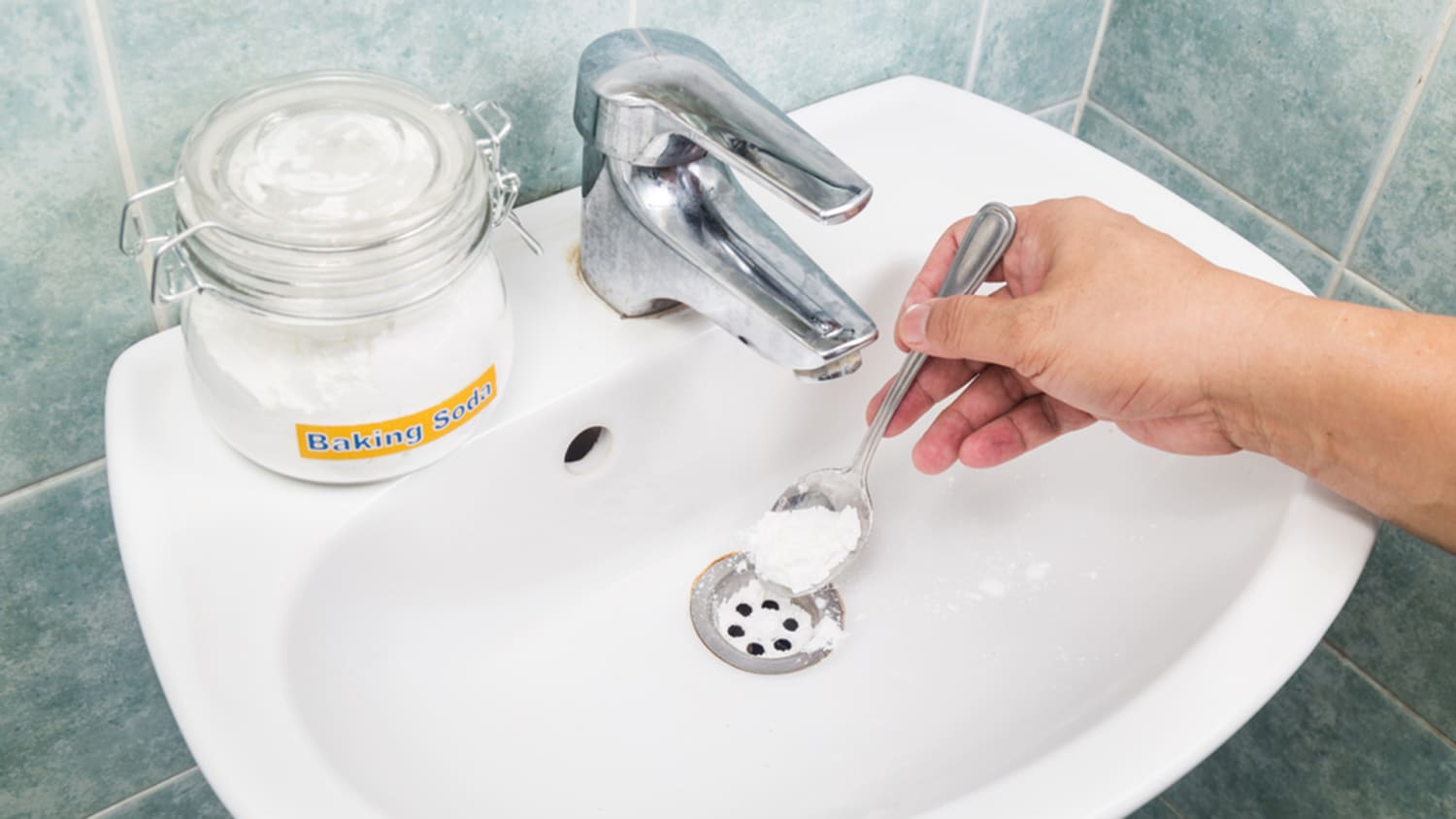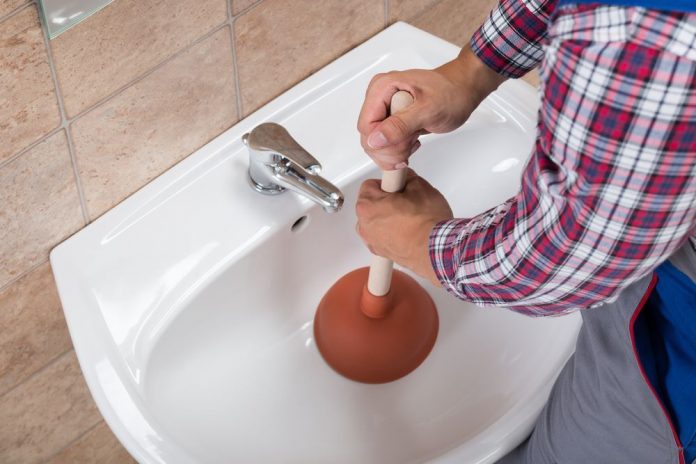If you've noticed that your bathroom sink is draining slower than usual, it's important to address the issue as soon as possible. A slow-draining sink can be a major inconvenience and may be a sign of a larger plumbing problem. Luckily, there are several DIY solutions that can help you unclog your bathroom sink and get it draining properly again.Unclog a Bathroom Sink
The first step in fixing a slow-draining bathroom sink is to determine the cause of the issue. One of the most common causes is a clog in the drain. This can be caused by a buildup of hair, soap scum, or other debris. To fix this, you can try using a plunger to loosen the clog and get the water flowing again. Another potential cause of a slow-draining sink is a blocked air vent. Air vents allow air to escape from the plumbing system and help with proper drainage. If the air vent is blocked, it can cause water to drain slowly. To check for a blocked air vent, you can climb onto your roof and look for any debris that may be blocking the vent. If you're not comfortable doing this yourself, it's best to call a professional plumber.How to Fix a Slow-Draining Sink
If the plunger and air vent check don't solve the issue, there are a few other DIY methods you can try to unclog your bathroom sink. One method is to use a mixture of baking soda and vinegar to break down the clog. Simply pour 1/2 cup of baking soda down the drain, followed by 1/2 cup of vinegar. Let the mixture sit for about 15 minutes, then flush it out with hot water. You can also try using a plumbing snake to physically remove the clog from the drain. This tool can be inserted into the drain to break up and remove any blockages. Just be sure to follow the instructions carefully and use caution to avoid damaging your pipes.DIY Solutions for a Slow-Draining Bathroom Sink
In addition to clogs, there are a few other common causes of a slow-draining bathroom sink. One of these is a faulty pop-up assembly. The pop-up assembly is the mechanism that controls the stopper in your sink. If it's not functioning properly, it can restrict water flow and cause your sink to drain slowly. This is a more complex issue that may require the assistance of a professional plumber. Another potential cause is a broken or corroded pipe. Over time, pipes can develop cracks or become corroded, which can lead to slow drainage. This is a more serious issue that may require a professional plumber to properly diagnose and fix.Causes of a Slow-Draining Bathroom Sink
If none of the DIY solutions seem to be working, it may be time to call in a professional plumber. They have the tools and expertise to properly diagnose and clear any clogs in your bathroom sink. They can also check for any other potential issues that may be causing the slow drainage.Clearing a Clogged Bathroom Sink
Once you've successfully unclogged your bathroom sink, there are a few simple steps you can take to help prevent future clogs and keep your sink draining properly. One tip is to use a drain cover to catch any hair or debris before it goes down the drain. You can also periodically pour boiling water down the drain to help clear out any buildup. Regularly cleaning your sink and drain can also help prevent clogs. Use a mixture of hot water and dish soap to clean the inside of your sink and remove any buildup. You can also use a plumbing snake to clean out the inside of the drain.Tips for a Faster-Draining Bathroom Sink
A slow-draining bathroom sink is a common plumbing issue that can be caused by a variety of factors. It's important to address the issue as soon as possible to prevent further damage to your plumbing system. If DIY methods don't work, it's best to call a professional plumber to properly diagnose and fix the issue.Common Plumbing Issues: Slow-Draining Bathroom Sink
Using a plunger on your bathroom sink is a simple and effective way to loosen and remove clogs. To use a plunger, start by filling the sink with enough water to cover the plunger cup. Then, place the plunger over the drain and push down and up repeatedly. This should create suction and help to loosen the clog. You can also try using a plunger on the overflow hole if your sink has one.How to Use a Plunger on a Slow-Draining Bathroom Sink
When faced with a slow-draining bathroom sink, you may be wondering whether to use chemical or natural methods to unclog it. Chemical drain cleaners can be effective, but they can also be harsh and damaging to your pipes. Natural methods, such as using baking soda and vinegar, may take longer to work but are safer for your plumbing system. It's up to you to decide which method you feel most comfortable with.Chemical vs. Natural Methods for Unclogging a Bathroom Sink
One of the best ways to prevent a slow-draining bathroom sink is to be mindful of what goes down the drain. Avoid rinsing large amounts of hair down the sink and use a drain cover to catch any debris. Regularly cleaning your sink and drain can also help prevent clogs. And if you do notice your sink draining slower than usual, address the issue promptly to prevent it from getting worse.Preventing a Slow-Draining Bathroom Sink in the Future
The Importance of Proper Drainage in Bathroom Sink Design

Why is a Slow Draining Bathroom Sink a Common Problem?
 When it comes to the design of a bathroom sink, proper drainage is crucial. A slow draining bathroom sink is a common problem that many homeowners face, and it can be frustrating to deal with. There are several reasons why a bathroom sink may be slow to drain. One of the main causes is a clogged drain due to hair, soap scum, or other debris. Another common issue is a faulty or clogged
drain pipe
that prevents water from flowing freely. Additionally, the design and placement of the sink can also contribute to drainage problems.
When it comes to the design of a bathroom sink, proper drainage is crucial. A slow draining bathroom sink is a common problem that many homeowners face, and it can be frustrating to deal with. There are several reasons why a bathroom sink may be slow to drain. One of the main causes is a clogged drain due to hair, soap scum, or other debris. Another common issue is a faulty or clogged
drain pipe
that prevents water from flowing freely. Additionally, the design and placement of the sink can also contribute to drainage problems.
The Negative Effects of a Slow Draining Bathroom Sink
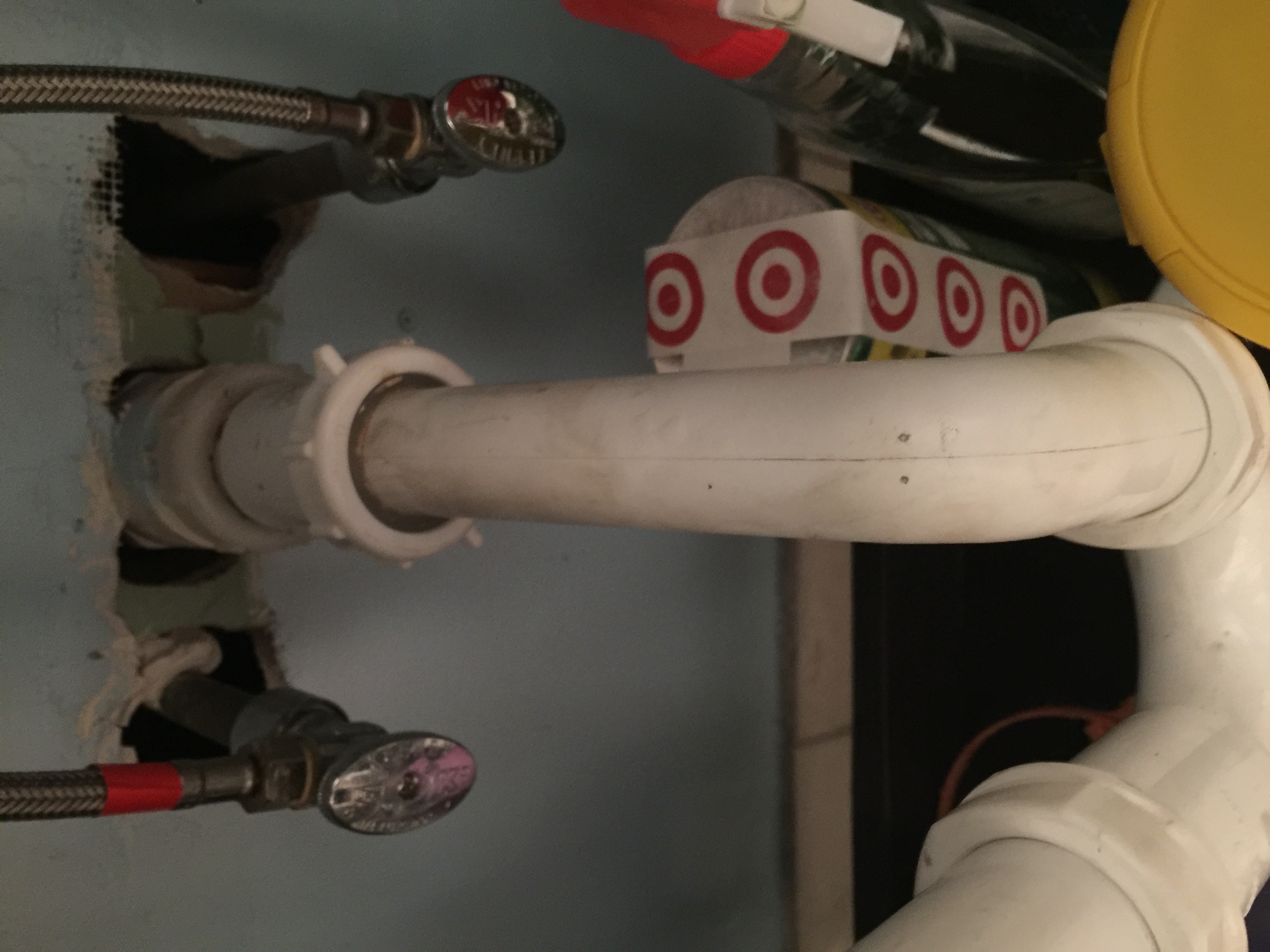 A slow draining bathroom sink not only creates inconvenience, but it can also lead to more serious problems. Standing water in the sink can harbor bacteria and cause unpleasant odors. It can also create a breeding ground for mold and mildew, which can be harmful to your health. In addition, the excess water can damage the sink and surrounding
tiles
, causing costly repairs. Therefore, it is important to address a slow draining bathroom sink as soon as possible to avoid further complications.
A slow draining bathroom sink not only creates inconvenience, but it can also lead to more serious problems. Standing water in the sink can harbor bacteria and cause unpleasant odors. It can also create a breeding ground for mold and mildew, which can be harmful to your health. In addition, the excess water can damage the sink and surrounding
tiles
, causing costly repairs. Therefore, it is important to address a slow draining bathroom sink as soon as possible to avoid further complications.
Proper Drainage Solutions for Bathroom Sinks
 To prevent a bathroom sink from draining slowly, it is essential to design it with proper drainage in mind. This includes choosing the right size and type of sink for the space and ensuring that it is installed at the correct angle. It is also important to regularly clean the drain and remove any debris that may cause clogs. Installing a
drain trap
can also be helpful in preventing larger items from going down the drain and causing blockages.
To prevent a bathroom sink from draining slowly, it is essential to design it with proper drainage in mind. This includes choosing the right size and type of sink for the space and ensuring that it is installed at the correct angle. It is also important to regularly clean the drain and remove any debris that may cause clogs. Installing a
drain trap
can also be helpful in preventing larger items from going down the drain and causing blockages.
Consult a Professional for Bathroom Sink Design
 Designing a bathroom sink with proper drainage requires expertise and knowledge. It is best to consult a professional interior designer or plumber to ensure that your bathroom sink is designed and installed correctly. They can also recommend the best materials and techniques to maintain proper drainage and prevent future issues.
In conclusion, proper drainage is crucial in the design of a bathroom sink. A slow draining sink can cause inconvenience and lead to more serious problems. Therefore, it is important to address drainage issues promptly and consult a professional for proper bathroom sink design. With the right design and maintenance, you can ensure that your bathroom sink drains efficiently and stays in good condition for years to come.
Designing a bathroom sink with proper drainage requires expertise and knowledge. It is best to consult a professional interior designer or plumber to ensure that your bathroom sink is designed and installed correctly. They can also recommend the best materials and techniques to maintain proper drainage and prevent future issues.
In conclusion, proper drainage is crucial in the design of a bathroom sink. A slow draining sink can cause inconvenience and lead to more serious problems. Therefore, it is important to address drainage issues promptly and consult a professional for proper bathroom sink design. With the right design and maintenance, you can ensure that your bathroom sink drains efficiently and stays in good condition for years to come.










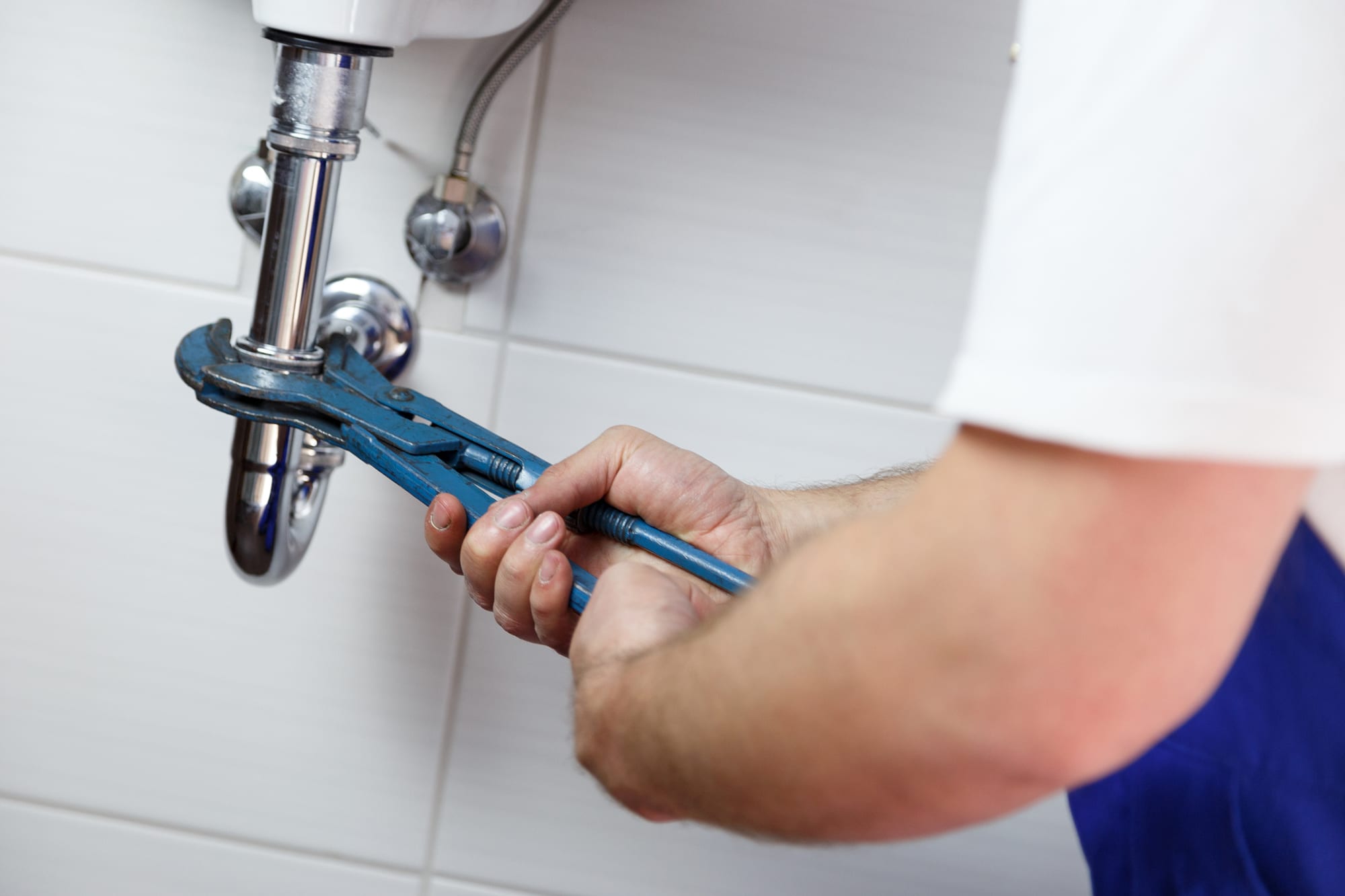






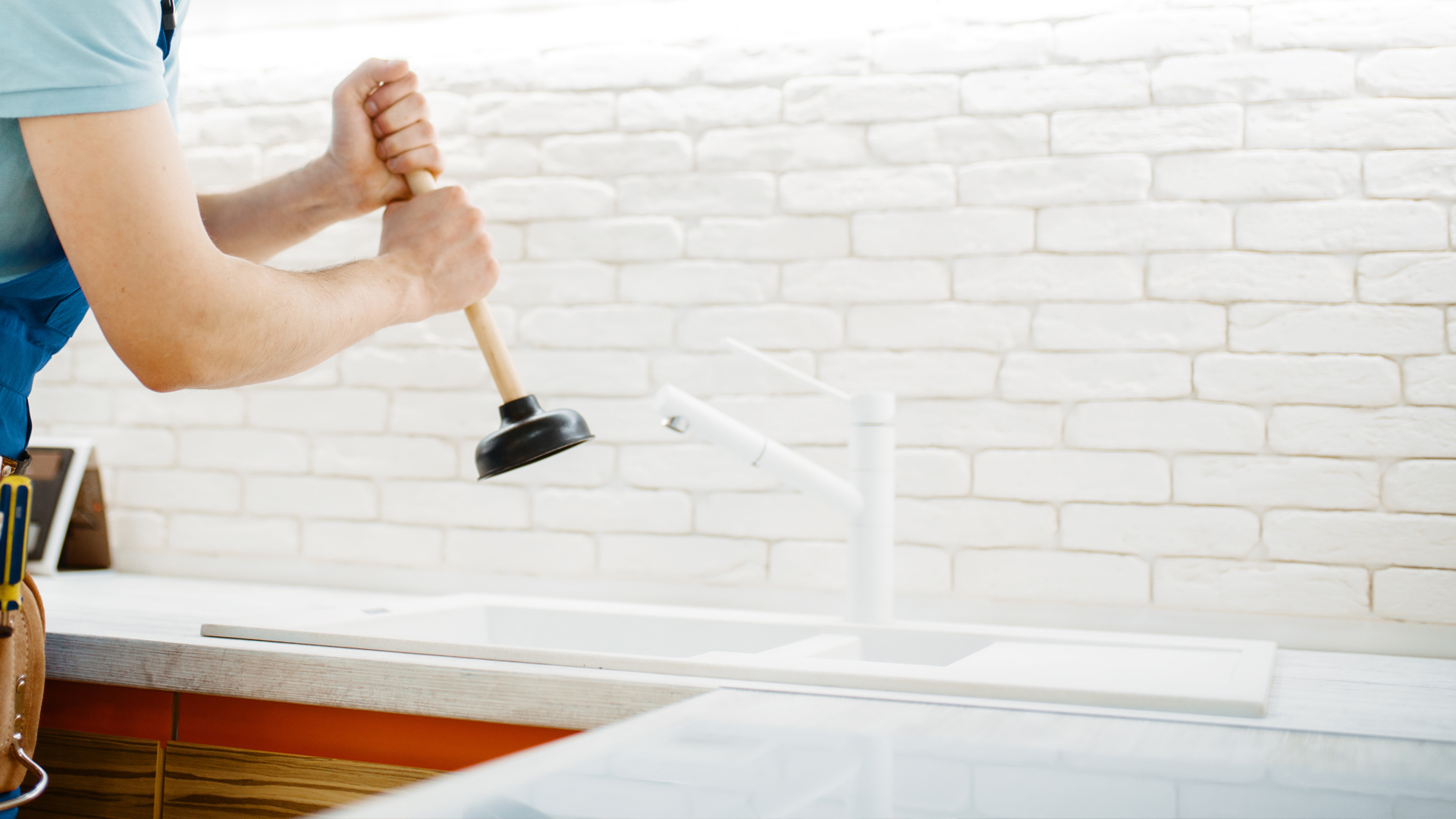
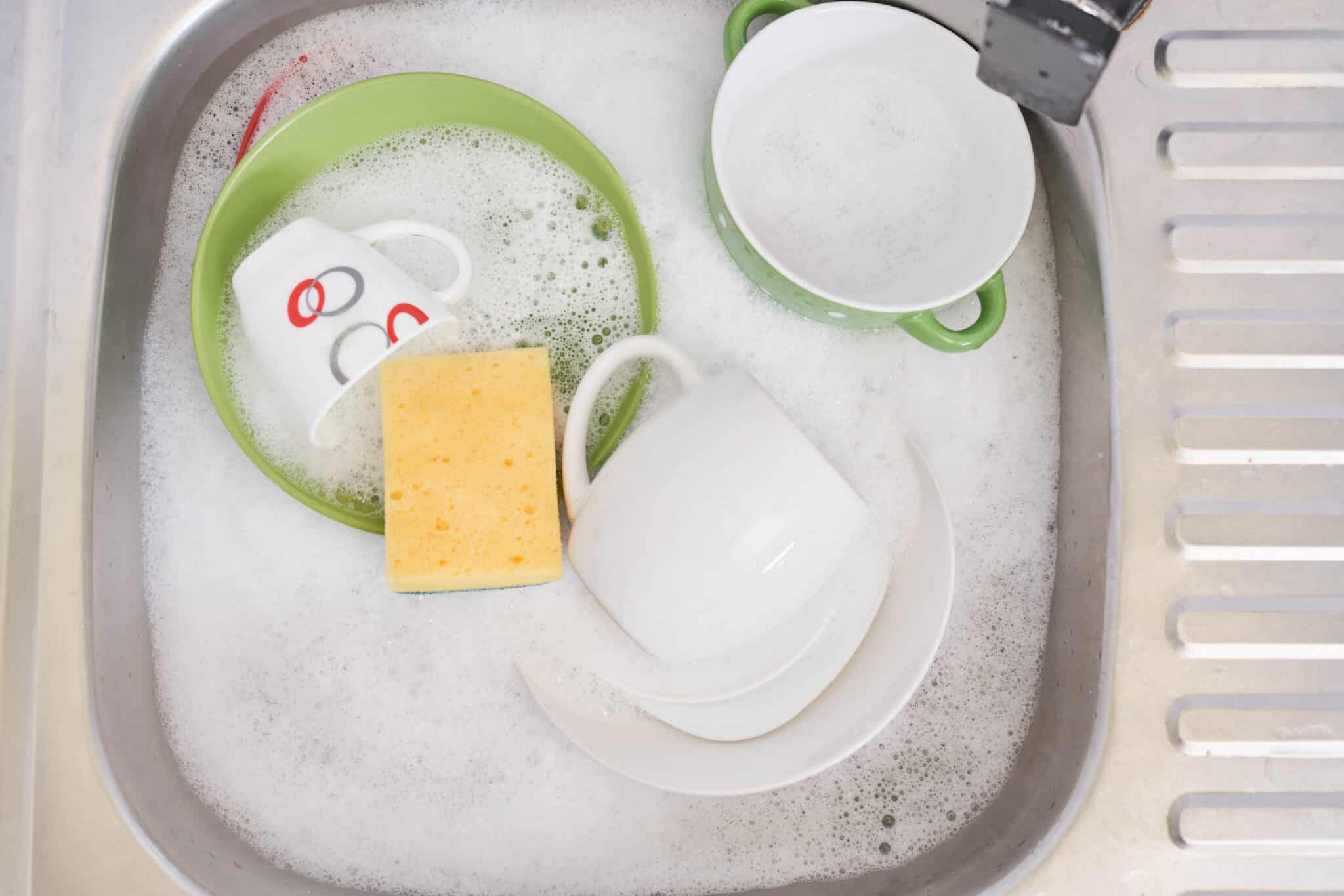






:max_bytes(150000):strip_icc()/Five-Ways-to-Fix-a-Slow-Sink-Drain-03-24c1f6dd477d46b9b5d1f70952a76933.jpg)







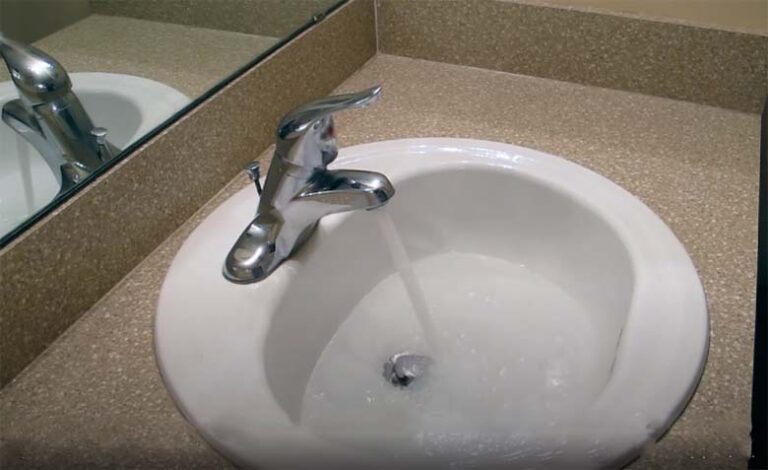











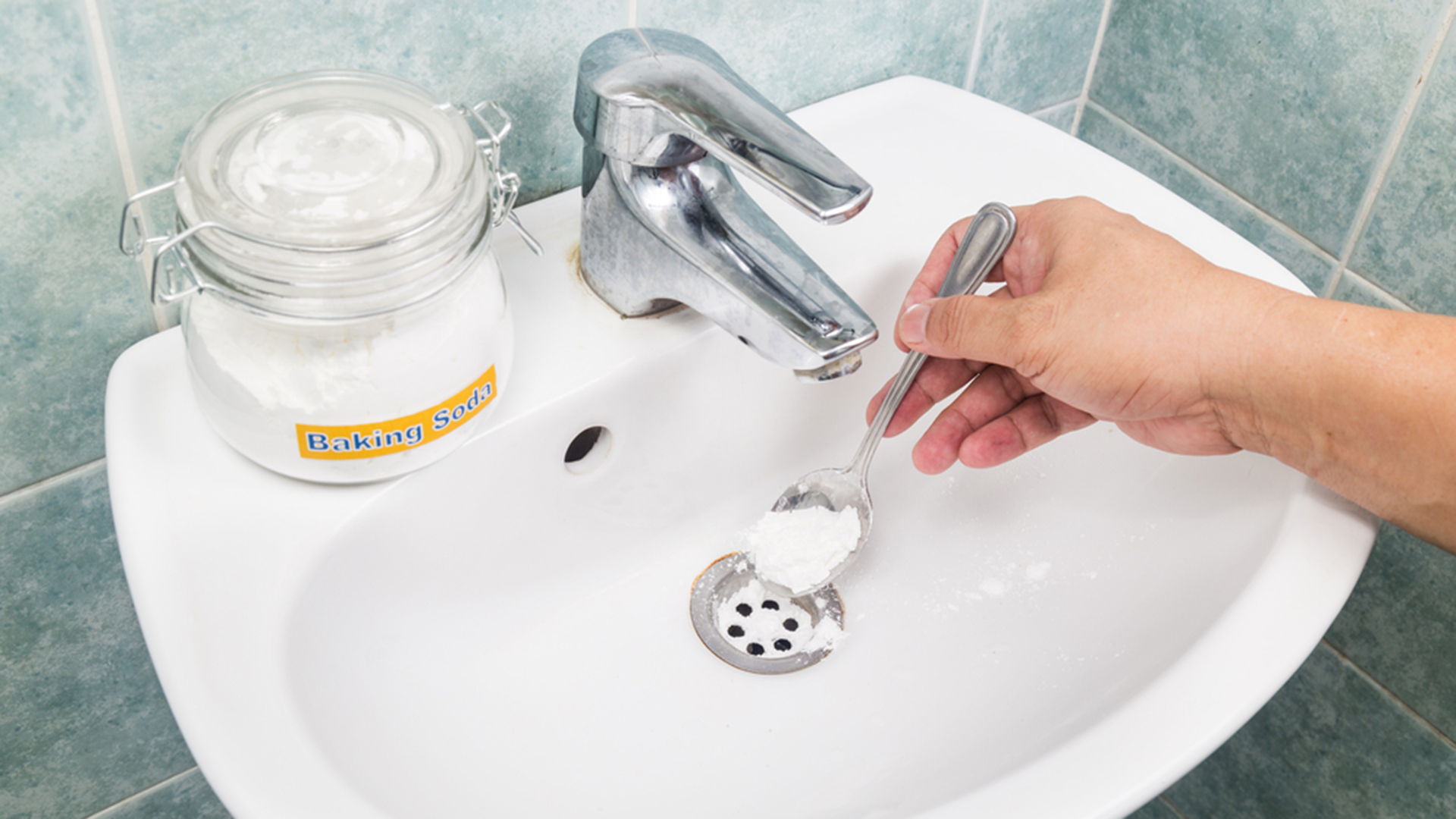

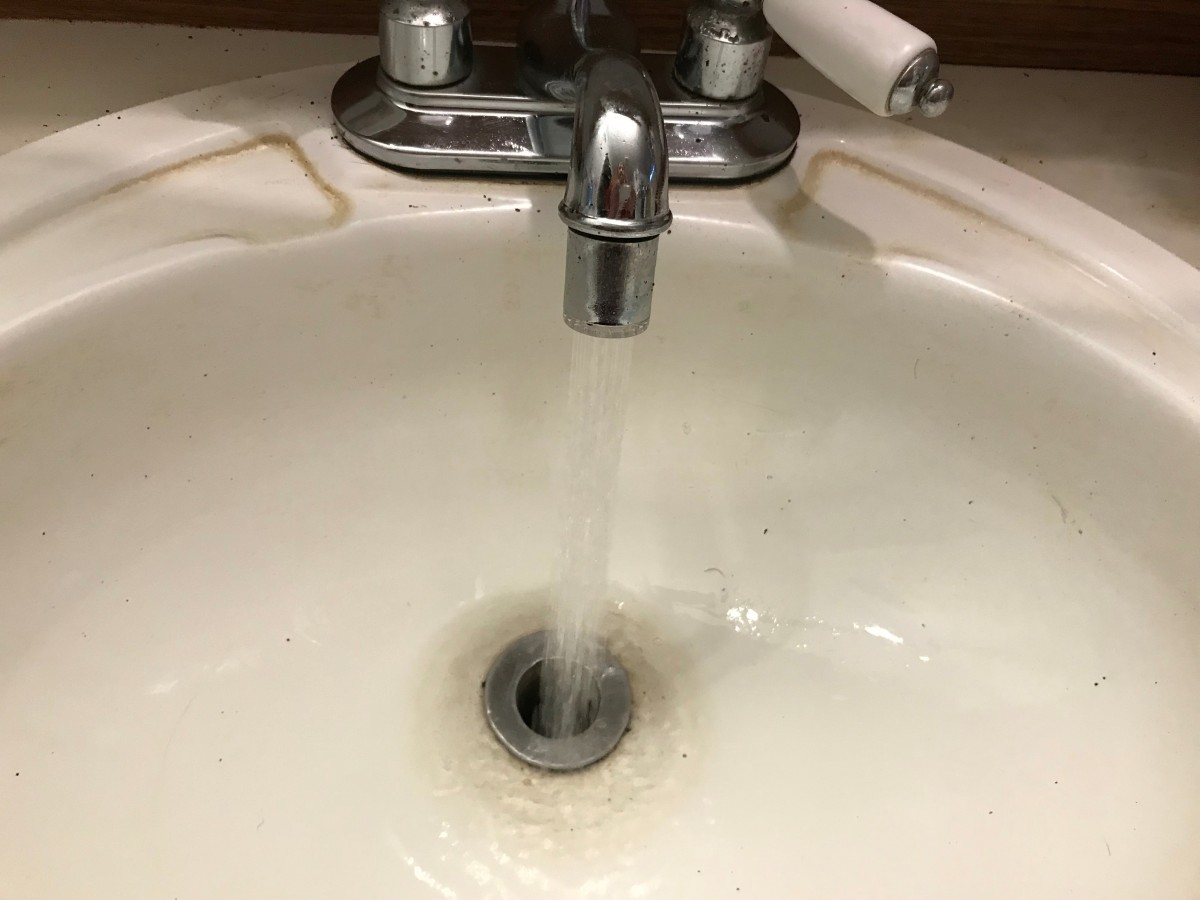





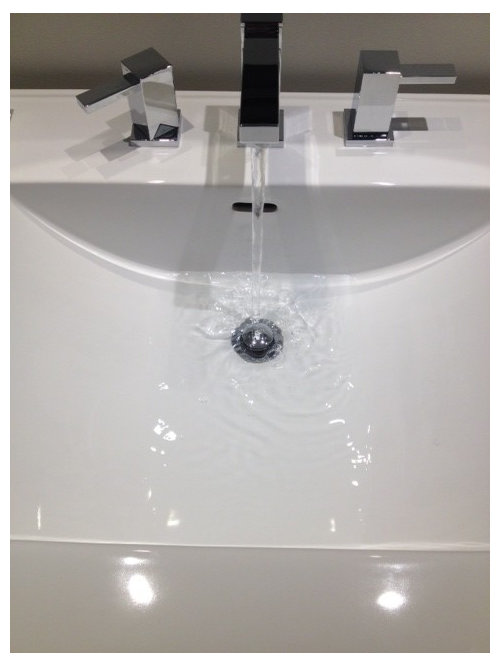
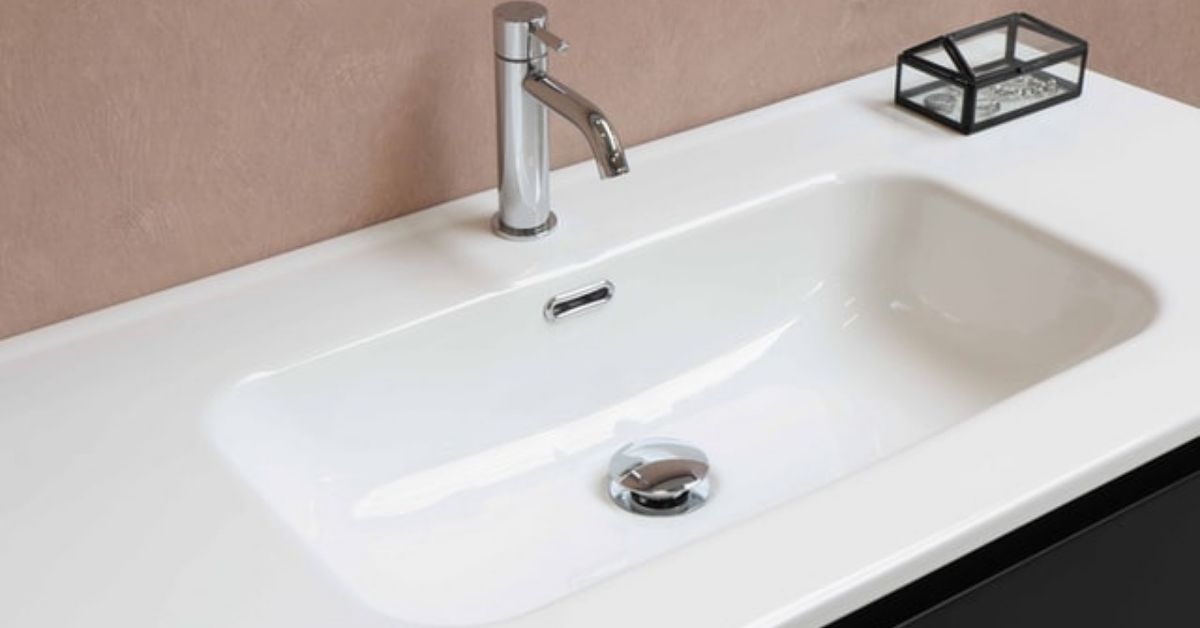

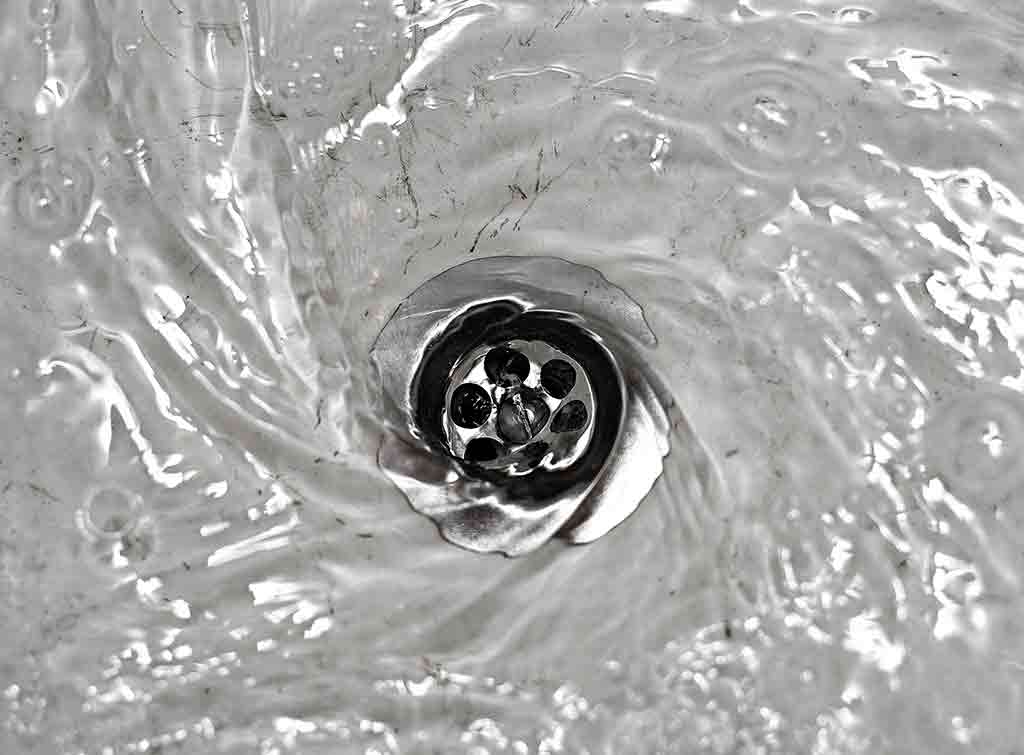




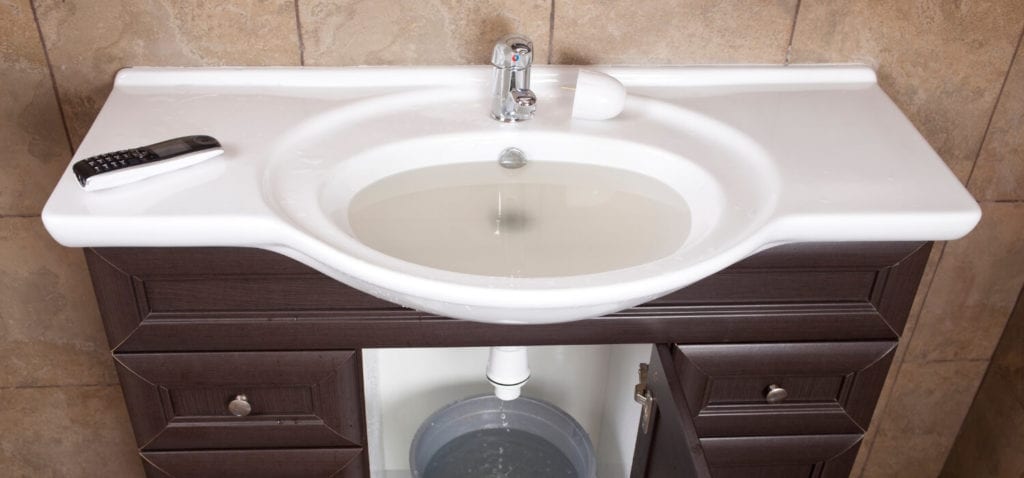

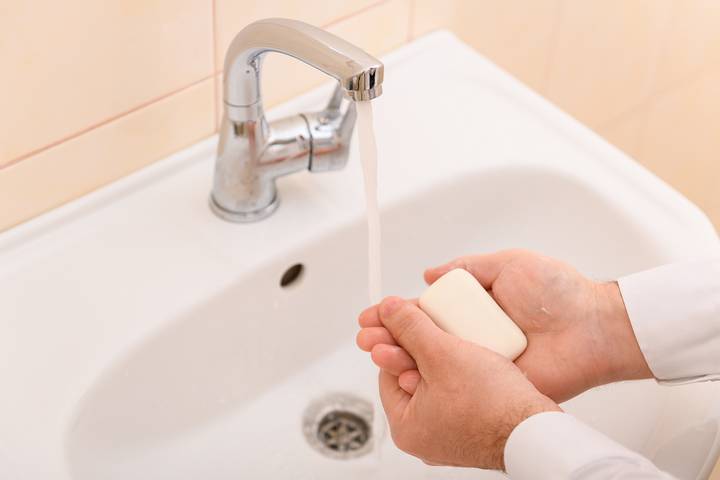

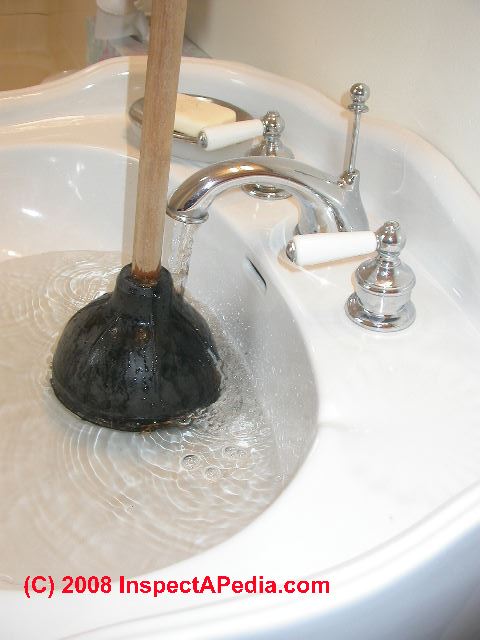

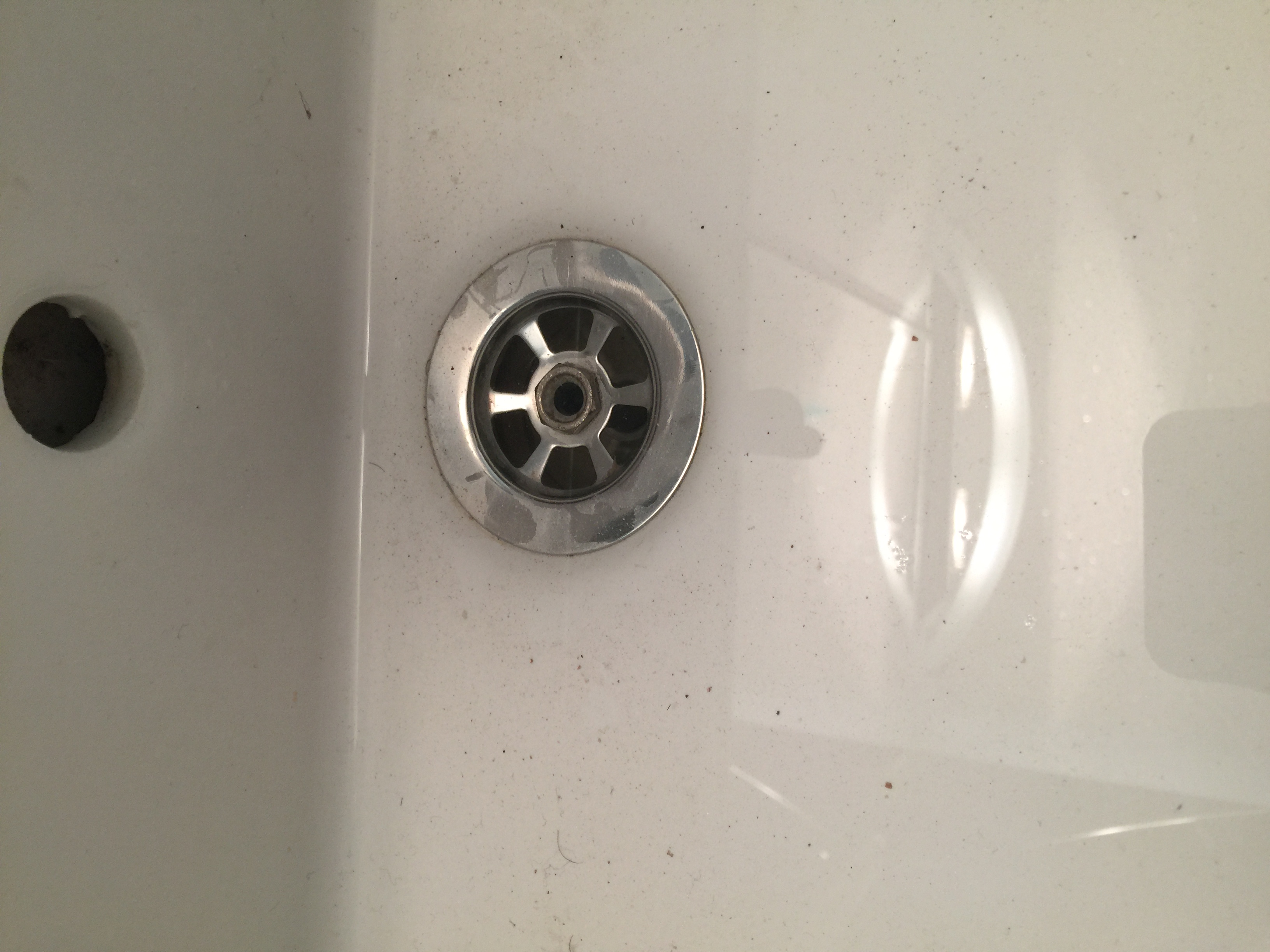
:max_bytes(150000):strip_icc()/woman-wearing-yellow-washing-up-gloves-to-unblock-sink-using-plunger-close-up-131987463-5887cfc03df78c2ccd92ec9e.jpg)







:max_bytes(150000):strip_icc()/pouring-chemicals-down-a-sink-80033290-5810e9425f9b58564c60a7e1.jpg)

